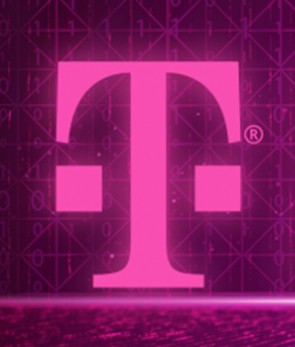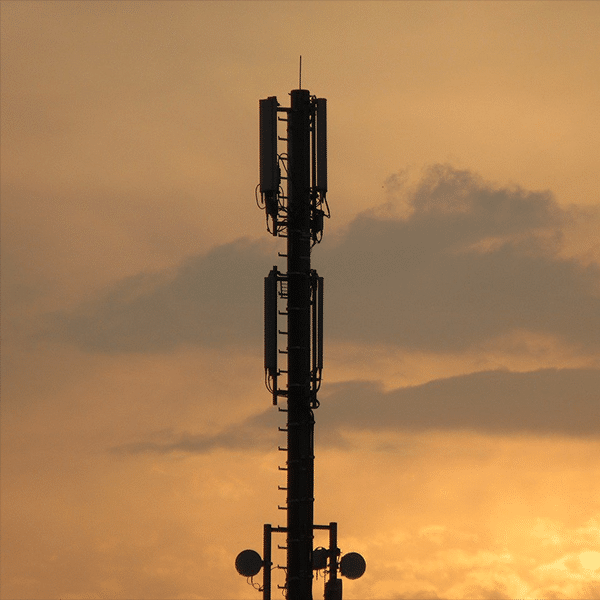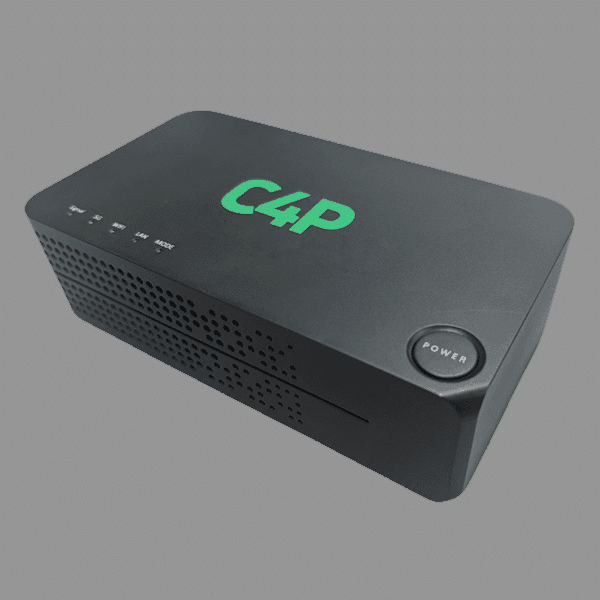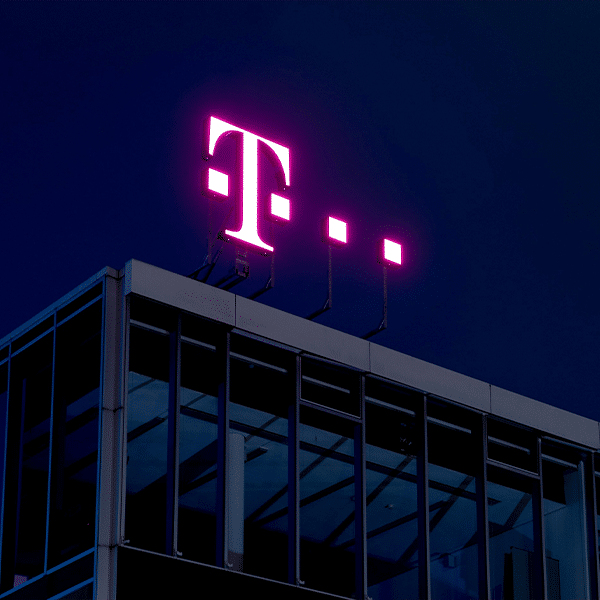T-Mobile, the Curiosity Lab at Peachtree Corners and the Georgia Institute of Technology have launched the 5G Connected Future incubator in Peachtree Corners.
The incubator, which is in the city of Peachtree Corner’s 500-acre smart city technology park, will support entrepreneurs and startups as they work on 5G applications. The facility – which features a 25,000-square-foot Innovation Center and 3-mile autonomous vehicle test track – is covered by T-Mobile’s Extended Range 5G and Ultra Capacity 5G network.
The carrier says that the incubator will develop use cases including autonomous vehicles, robotics, industrial drone applications, mixed reality training and entertainment, remote medical care, personal health and fitness wearables
The incubator will be managed in collaboration with Georgia Tech’s Advanced Technology Development Center (ATDC) and is an expansion of the T-Mobile Accelerator.
Participants in the incubator will work with technology and business personnel from the sponsoring organizations in building, testing and marketing of products and services. Previously, ATDC ran programs that targeted the health, retail and financial technologies verticals. It will facilitate access to Georgia Tech resources, research expertise and student talent.
The idea is to help the startups across the board. “In addition to the normal startup concerns, entrepreneurs in the 5G space face a unique set of challenges such as regulatory issues at the state and local levels, network security, and integration testing,” ATDC Director John Avery said in a press release about the T-Mobile 5G incubator.
The carrier ecosystem clearly is pushing to make sure that there are revenue-generating applications and services available for all the bandwidth and near real-time functionality, they are racing to make available. Earlier this month, the 5G Open Innovation Lab established a field lab in Snohomish County, WA. The lab, which will focus on agricultural IoT applications, will use 5G-capable, Citizens Broadband Radio Service (CBRS) LTE-based connectivity from T-Mobile. The lab also will use edge computing. The lab will support the Food Resiliency Project, which is funded through the CARES Act.
Verizon also operates a 5G lab aimed at facilitating the creation of new use cases.



